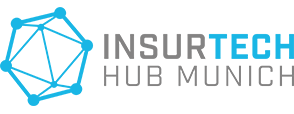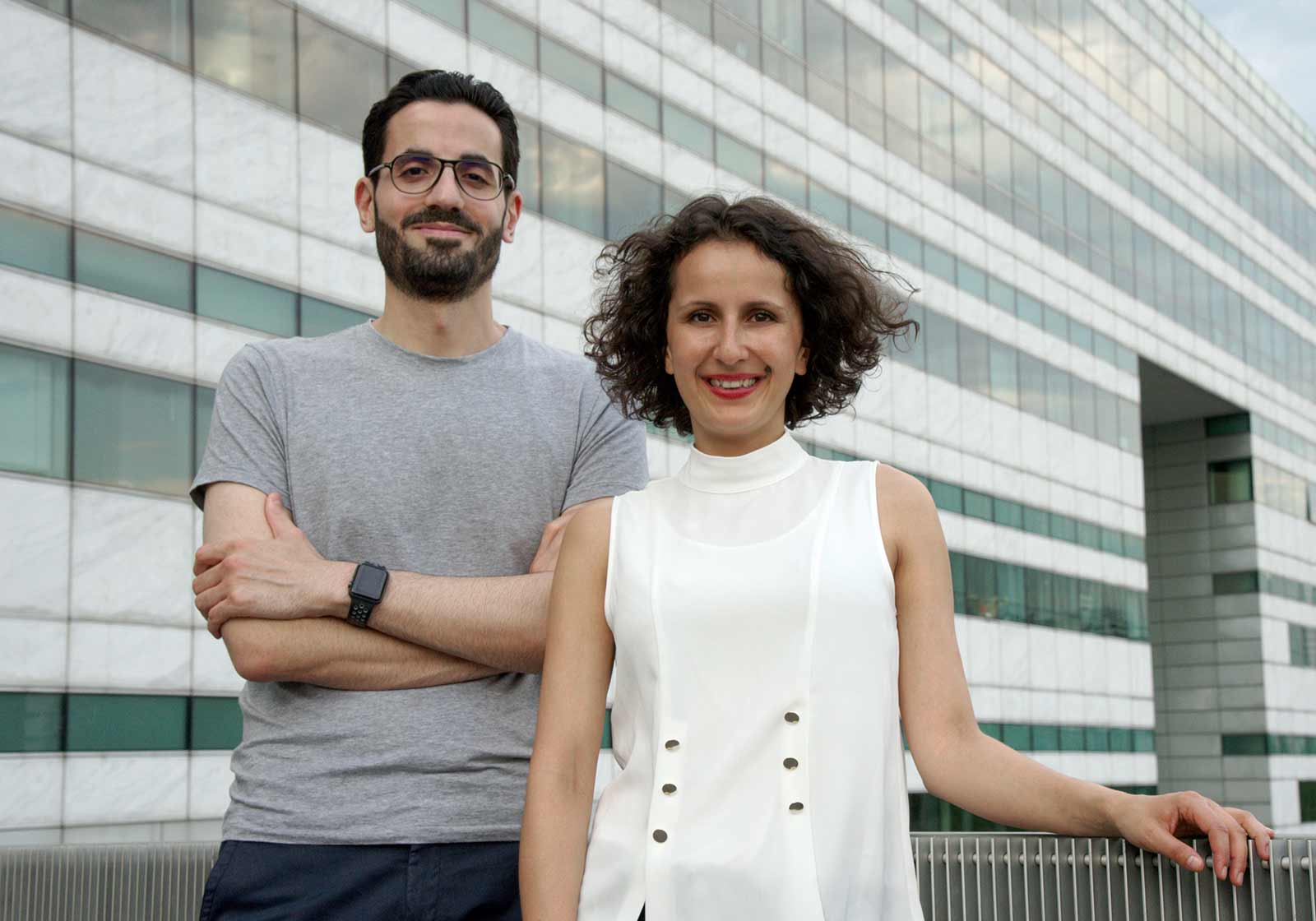
Medicus is a wellbeing platform that interacts with people of all profiles to deliver uber-personalized health engagement and smart wellbeing. In an interview with us, Medicus AI CEO Baher Al Hakim talks about what makes their health solution unique, how his company ensures an ROI to insurers and what the best working mode when it comes to cooperations looks like.
1. How does your business model work and what is your USP?
Our business model is based on cutting costs of insurance providers associated with claims by targeting certain customers, such as high-risk and working with them to transform their health awareness and coach them step by step towards better health.
We do so by assessing the customers so called ‘wellbeing score’. It is our proprietary method to quantify health for every person down to the smallest details, giving a detailed and granular view of a person’s individual health situation and also providing insurances with anonymous and aggregate reporting of health status improvements across all customers. We offer real privacy as all of our features work directly on the person’s phone with no need to store any data on the cloud. This serves to eliminate the privacy concerns which are one of the biggest obstacles in such tools. Our AI coaching methods are based on the latest findings from the fields of behavioural economics and habits psychology, such concepts include sustainable tiny habits, minimum enjoyable actions etc.
2. Why did you join the InsurTech Europe powered by Plug and Play Accelerator Program?
We’ve been engaging with the insurance market for two years now and we’ve been learning and adapting our product and positioning to more closely match both insurance and customer needs. Last year we had reached a point where we felt we’re ready to push our offering more broadly, which is when we learned about the InsurTech Accelerator Program. So we joined knowing full well that there isn’t a better platform to help us engage more insurance providers across Europe and beyond, and hopefully sign pilots with them and eventually be their provider of choice for digital wellbeing services.
3. What is your biggest takeaway from the program and would you recommend other startups to join?
Our biggest takeaway is that the timing for digital innovation in insurance is here! Like I mentioned before, we’ve been in this market for 2 years and back then everyone was learning, exploring and building strategies. Recently, over the past few months mostly, we’re seeing a significant shift across the board for the insurance market to actually moving forward seriously, starting with pilots of course but with an eye towards broader implementations for digital health tools.
The partners of InsurTech Hub Munich are of the most innovative, so if there’s ever a place to move things forward in this market, it would be with this group of companies. Hence I recommend all similar companies to apply to the next batches of the program.
4. What do you believe is the biggest challenge for innovation in health insurance?
By far the biggest challenge is privacy concerns. The faith in security and privacy of data on the cloud is at the lowest point. This is standing in the way of promoting such services, as all providers fear a potential rejection or backlash from their customers. The second challenge we see is lack of quantifiable impact. Every digital health company promises results and change but very few can back their claims by quantifiable evidence. We know that the insurance business is rooted in finance and risk calculations, so our way to push for adoption is to clearly and indisputably show them their return-on-investment.
5. In your opinion, what can established insurance and reinsurance companies do to simplify collaborations with InsurTech startups?
Great question! We have thought about this a lot actually, and we have a specific list of recommendations to insurance and reinsurance companies:
- Define the problem: come up with a list of specific problems that need to be solved
- Build an evaluation matrix: it’s never easy to choose which startup to work with, and for that the best thing to do is to build a clear evaluation matrix that can be used to rank startups
- Pilot first: this is already part of the usual approach, but it’s so important that it deserves a mention here. Pilots are a speedy and cost-effective way to experiment with innovation in order to find the best mix of tools and services
- Dedicate budgets: so the cost of pilots is already in place to move things faster
- Commit to targets: this cannot be emphasised enough, companies need to commit to running a minimum number of pilots or projects per year to push the whole organization to invest in innovation and the future. It’s so easy to find faults and risks in such projects, and the decision makers in those companies are risk-averse due to the nature of the insurance business, so unless there’s a strong commitment device, we see many of them defaulting to sit-and-wait
- Build and empower innovation teams: many of the companies have already built and are building innovation teams but also they need to empower them with budgets and autonomy to make decisions, sign projects, run pilots with minimum to no oversight from the management, to avoid analysis-paralysis
6. Munich provides one of the fastest growing digital ecosystems for insurance innovation. How is your experience here compared to other startup hotspots as Silicon Valley, London or Tel Aviv?
We’re based in Vienna and we have offices in Berlin, Paris, Dubai and Beirut and presence in Switzerland. Out of all those places we can definitely see much more innovation and excitement in the insurance field in Munich than any of the rest. Munich’s global exposure from the comfort of our neighbourhood is priceless. All similar activities in the other cities are primarily local whereas the InsurTech Hub Munich attracts many international companies, which for us is a godsend since we’re aiming to build a global platform that can address the insurance market needs everywhere.



